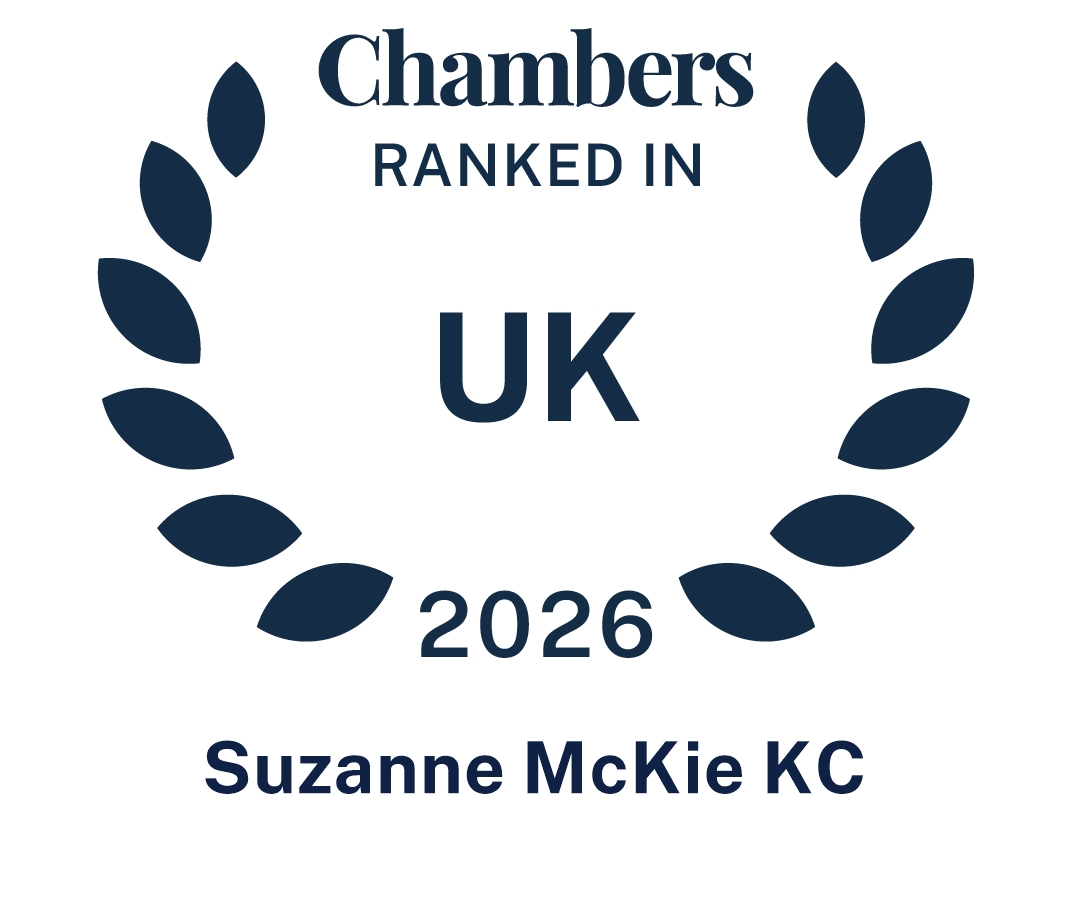
15 May 2024
|Sex / Gender
Investigations
Sexual Harassment
Misconduct and Regulatory Matters
Sexual Misconduct / Harassment
Can intoxication ever be a defence to sexual harassment?
As employment lawyers, we often see intoxication come up as an issue in sexual harassment cases. This can be in cases where complainants of sexual harassment say that they were intoxicated at the time of the harassment (which can include sexual assault) and therefore could not consent to the harassment, but can also be the case that the person accused of the harassment was also intoxicated at the time and therefore does not believe that they should be held responsible for their actions when they find themselves under investigation by their employer or named as an individual Respondent in the Employment Tribunal.
For the Tribunal to determine that sexual harassment has occurred under Section 26(2) of the Equality Act 2010, the complainant (the Claimant) will need to show that the alleged perpetrator (the Respondent) has engaged in unwanted conduct of a sexual nature and that the conduct had the purpose or effect of either violating the Claimant’s dignity, or creating an intimidating, hostile, degrading, humiliating or offensive environment for the Claimant.
If the Respondent’s conduct is not shown to have that purpose (for example, where the Respondent was intoxicated and believed that it would make the Claimant laugh if he were to photoshop her face onto a pornographic image (paragraph 7.17 EHRC Code)), then the Tribunal will look at the effect of the Respondent’s conduct on the Claimant. In determining the effect of the Conduct, the Tribunal will consider the Claimant’s perception, other circumstances of the case (such as if the Respondent is in a more senior position than the Claimant) and whether it is reasonable for the conduct to have that effect. Using the same example as above, if the Claimant reasonably found the pornographic image with her face to violate her dignity, or that it created an intimidating, hostile, degrading, humiliating or offensive environment for her, then the Tribunal will find that sexual harassment has occurred. The fact that the Respondent in this example was intoxicated and wanted to make the Claimant laugh will not prevent the Tribunal’s finding. The recent cases of P v Crest Nicholson Operations Limited ET case no. 3311744/2020 and Tubby v Hills Park Veterinary Group Ltd ET Case No. 3205259/2021 provide recent examples of perpetrators being intoxicated at the time of the alleged sexual harassment. In both cases, the Tribunal found as a matter of fact that the perpetrators were intoxicated but decided not to refer to the intoxication when applying the statutory test to determine if sexual harassment had occurred, thus showing the irrelevance of intoxication to the determination.
Of course, such conduct may not only have implications in the Employment Tribunal as individuals may also be subject to criminal complaints, claims in the civil courts or sanctions by a regulator.
The FCA have made their intention to deal with serious non-financial misconduct under their regulatory framework clear through their statement to the Women and Equalities Committee and their recent consultation paper which included proposed revisions to the Conduct Rules, Threshold Conditions and the Fit and Propriety Assessment as part of their drive to improve the culture of the financial industry. The changes to the Conduct Rules, if implemented, will allow some conduct against fellow employees to fall outside the scope of the rules where the perpetrator thought that there was a good and proper reason for the conduct, or did not intend to have a negative impact on the subject, did not know that they were doing so and was not reckless about the effect of their conduct, but will specifically state that “sexual harassment…cannot be justified”. It will therefore follow that intoxication will not be available as a defence to a breach of the Conduct Rules.
On 1 September 2022, the SRA published its Guidance on Sexual Misconduct, which in relation to intoxication expressly states “[t]his is never a defence. Depending on the context it could aggravate or mitigate behaviour.” The application of the guidance was seen in the subsequent decision by the SRA in Walmsley (Case no 267743)( 24 May 2023) where the SRA found that Mr Walmsley should be rebuked and ordered him to pay the SRA’s costs. Mr Walmsley had twice put his arm around AB’s (a female trainee) waist, thereby intensifying the discomfort she already felt after finding herself in a strip club with him after a work event. The SRA accepted that he had not chosen the venue and did not have any improper or sexual motivation for his actions but in any event, found that he had failed to take reasonable steps to ensure AB’s wellbeing and/or not to exacerbate her discomfort. His seniority and intoxication were aggravating factors in the case.
Farore Law is a leading boutique law firm that has a wealth of experience in advising senior executives accused of misconduct. We are well placed to provide appropriate advice regarding disciplinary investigations and reports to regulators. Our lawyers frequently advise senior executives and recognise the importance of anonymity and reputation management.
Please contact us if you require legal advice after being accused of misconduct.









